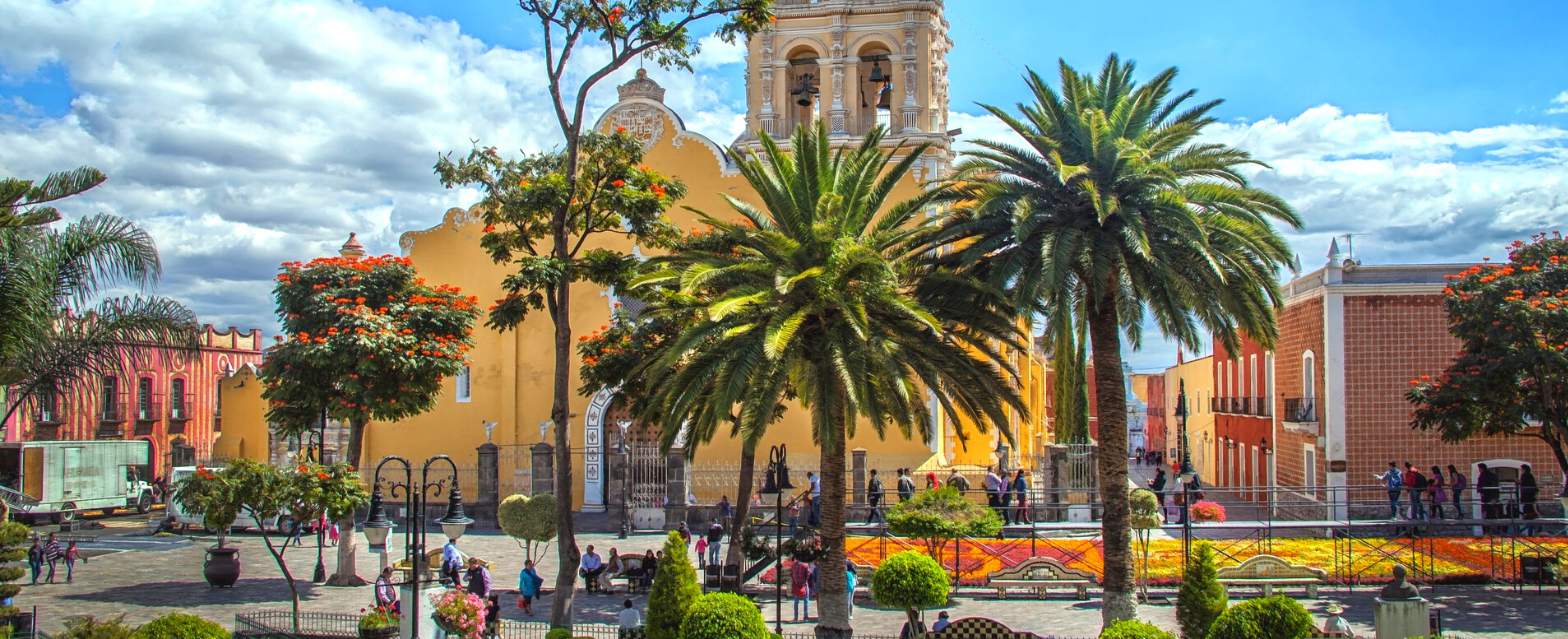An important question that eventually reaches everyone’s mind when they’re planning their move to Mexico is “Do I Still File Taxes as A Foreigner?”
I get emailed about it at least a few times a month. And I get it. Tax law is complicated. Most people aren’t CPAs and most people shouldn’t have to understand tax law. But most of us should understand our very basic responsibilities. Even when we leave our home country.
If you’re like the millions of U.S. expats that move to Mexico you’ve probably decided to move for the lower cost of living, the quality and affordability of healthcare, the proximity to the U.S., the weather, and the rich culture. But it’s easy to get caught up in the excitement of the planning stages that we often forget about a very important part in the process.
TAXES
The U.S. Taxes Your Worldwide Income
The first thing to keep in mind if you are moving from the U.S. to Mexico is The United States of America expects you to pay taxes on your worldwide income.
Yes, you read that right. For income generated anywhere in the world- the U.S. expects its cut.
However, the IRS does have a tax treaty in place to help you avoid double taxation. This is known as Foreign Earned Income Exclusion, also known as FEIE. I’ll get more into that further down. But before I get into FEIE, I’d like to note there is a minimum income the U.S. requires for the purposes of a tax return.
Minimum Income To File A U.S. Tax Return
This minimum income amount depends on your filing status and age. In 2024, for example, the minimum for single filing status if under age 65 is $13,850. If your income is below that threshold, you generally do not need to file a federal tax return.
If you have financial assets abroad worth over US$200,000, you should also file form 8938 declaring them.
When you have more than US$10,000 in total in foreign financial accounts, including all of your foreign-registered bank and investment accounts, at any time during the tax year, you should also file FinCEN form 114, better known as an FBAR (Foreign Bank Account Report).
However, even if you made less than the minimum threshold, it may still be in your best interest to file a U.S. tax return.
For example, you may get a refund on taxes you’ve already paid. This can be especially true if you’ve had taxes withheld from your social security check. Or, if you work abroad and claim the Foreign Earned Income Exclusion, you could receive a partial or full refund of any income tax that was withheld. And finally, for purposes of receiving any future stimulus checks like the ones handed out in 2020.
What is The Foreign Earned Income Exclusion or FEIE?
There are so many digital nomads working from home, and generating an income online nowadays. And there are thousands of people moving to Mexico when they have the flexibility to work from anywhere in the world! Why not enjoy the sunnier weather, lower cost of living, and great quality of life while also reducing your taxes!
You see, when you live in Mexico you are NOT required to pay income taxes in Mexico, UNLESS you earn an income in Mexico. And income in Mexico is considered when the service is provided in Mexico. Regardless of where the payment is made or negotiated. This applies to anyone- not only U.S. citizens.
For example, If you offer consultation services in Mexico, you owe Mexican taxes. Even if someone pays you in U.S. dollars to a U.S. bank account. And if you have an Airbnb in Mexico, you also owe Mexican taxes! If you drive someone around in Mexico for a fee, you owe Mexican taxes.
These are just a few examples. To get educated and do things the right way, we recommend working with our recommended Mexico CPA. Buy the Mexico Relocation Guide- get instant access to our recommended contacts across Mexico.
But, because the U.S. requires you to pay taxes on your worldwide income, they’ve also put in place a program to help you avoid double taxation.
This is known as the Foreign Earned Income Exclusion. For example in 2025, U.S. Citizens and Residents can exclude up to $130,000 of their earned income per person. And up to $260,000 for a couple. This can be a significant way to reduce your U.S. taxes and, in some cases, even eliminate them!
Important Filing Dates
Generally, the last day to file a U.S. tax return is April 15th each year.
However, foreigners living abroad get an automatic extension through June 15th. If you happen to miss the June 15th extension, you can request a further extension until October 15th.
To do so, file form 4868 on or before June 15th. Otherwise, you run the risk of paying interest and late fees to the IRS.
Work With A Knowledgeable CPA
Now, I also want to add a full disclosure that I am not a CPA nor have I studied tax law in the U.S. or Mexico. However, the information I have shared in this blog post is the same information our recommended U.S. and Mexico CPAs have given me.
Your situation may be slightly different and your outcome too. Therefore, I recommend working with a knowledgeable CPA who understands expat tax incentives in the U.S. and a Mexico CPA who understands taxes in Mexico for expats.
Those contacts can be found in our Mexico Relocation Online Guide. You’ll get a detailed explanation of the Foreign Earned Income Exclusion tax treaty, how taxes work in Mexico, and access to our recommended CPAs.





